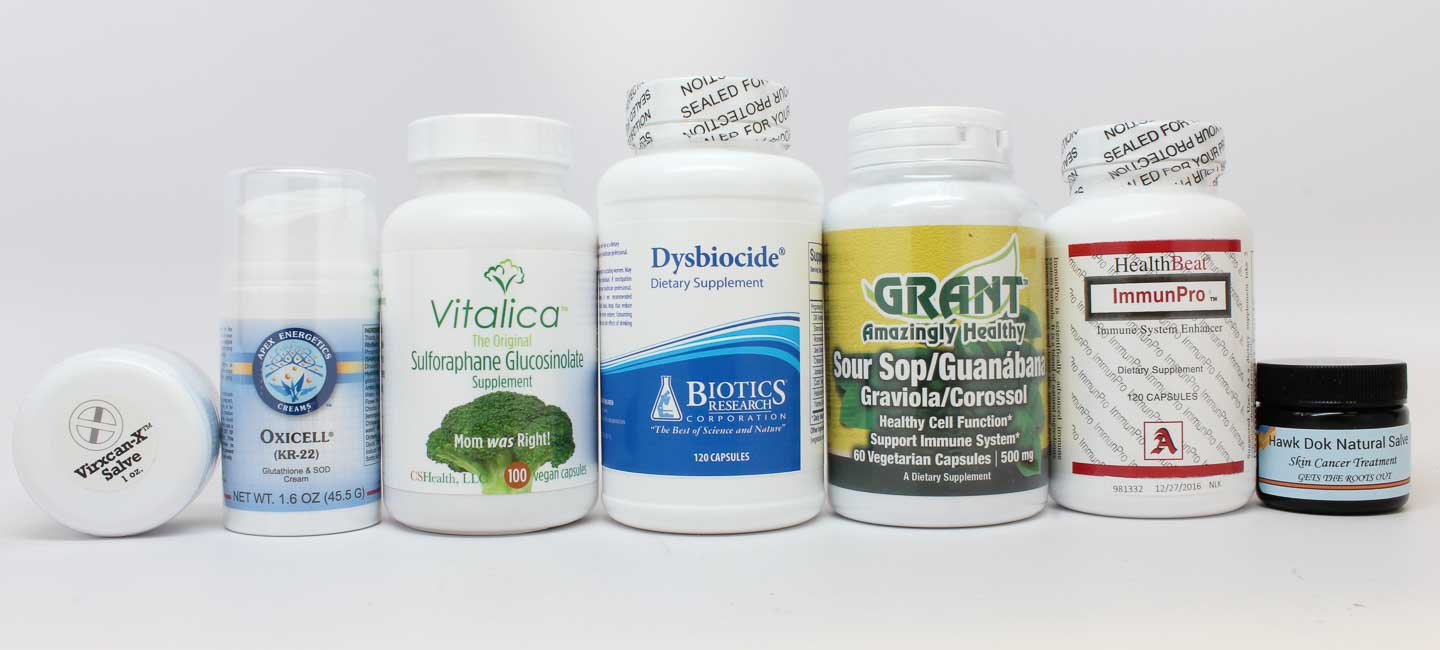Beware of Bogus Cancer Cures Online
Many people turn to the internet, including social media, for medical information. But, can it be trusted? Yes and no. In making that determination, it is necessary to consider the source, mainly because there is no regulating body that monitors the reliability of the information on the web. While it might seem like an easily accessible university library, in reality it is more like a vast open-air market. Therefore, it is important to proceed with caution and remember that the best source of information is always a trusted medical professional.
Although it is essential to perform appropriate due diligence before relying on online resources for any health-related issue, it is especially so when it comes to cancer. Everyone should be aware that legitimate cancer treatment drugs and devices must be cleared or approved by the U.S. Food and Drug Administration (FDA) prior to being marketed or sold. The FDA review process helps ensure the safety and effectiveness of these products when used for their intended purpose.
Even so, unscrupulous internet marketers and sellers may try to capitalize on the fear and desperation that some people who are touched by cancer feel, knowing full well that many of those people would be tempted to jump at anything that promises a chance at a cure – often regardless of the cost. Unfortunately, the internet serves as a perfect forum for false advertising in this scenario.
How to recognize a bogus cancer cure
Unproven cancer treatments are often described with a tell-tale vocabulary. Here are some common buzzwords and catch phrases to be wary of:
- Cures cancer
- Natural cancer treatment
- Dietary supplement
- Miracle cure
- Treats all forms of cancer
- Miraculously destroys cancerous cells and tumors
- More effective than chemotherapy
- Destroys cancerous cells while leaving healthy cells unharmed
- Shrinks malignant tumors
- Selectively kills cancerous cells
The use of an unproven cancer treatment in and of itself is not necessarily dangerous in every situation (although it can be). However, it can potentially have serious and harmful consequences if it delays or interferes with the use of proven, beneficial cancer treatments.
Moffitt Cancer Center encourages everyone to steer clear of unproven – and potentially unsafe – drugs and devices advertised on the internet, and to discuss any type of cancer treatment with a physician prior to use.



